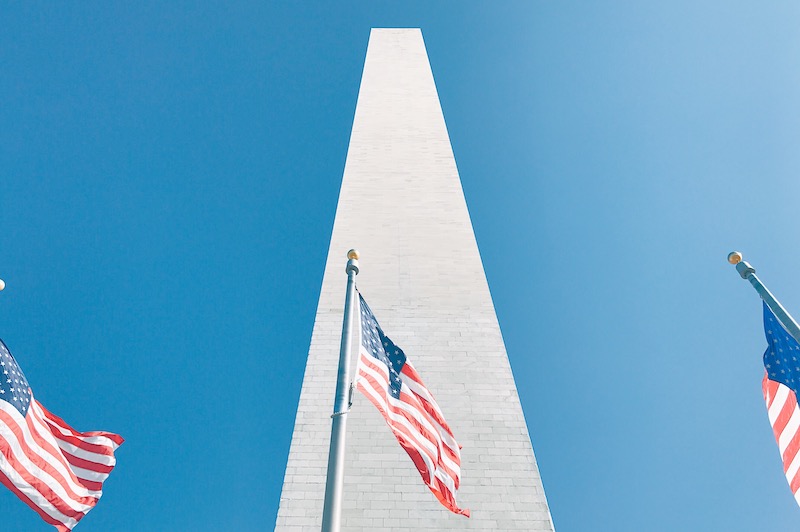Russia has managed to stay in the limelight, as the world transitions from the Sochi Olympics to the Russia-Ukraine dispute. Russia’s takeover of Crimea triggered a substantial drop in stocks, before and after the event. Commodity prices rose sharply, which makes sense, given that Russia is the third largest oil producer in the world and provides 30 percent of Europe’s natural gas supply (half of which flows through Ukraine). Likewise, Ukraine is the second largest global producer of grain (particularly wheat and corn), and geopolitical tension typically generates a beeline towards safe-haven assets, such as precious metals. But do these factors warrant such a rattling of U.S. markets?
The invasion of Crimea threatens a disruption to Russia’s energy output, which would have a modest impact in the United States and a significant impact in Europe. Fortunately, the U.S.’s rising natural gas production helps alleviate political pressure caused by energy imports. In terms of energy markets, perhaps the most harm will be a slight rise in the risk premium for oil prices. After the initial selloff last Monday, the stock market has rebounded as investors reassess the risk of disruption of the global economy. Ultimately, the political reaction thus far has been a combination of bravado and vain posturing.
The United States, Europe and Russia are all creating noise to protect their interests, while Russian President Vladimir Putin continues to make U.S. President Barack Obama’s moves irrelevant. As Daniel Henniger of the Wall Street Journal has so aptly noted, Putin has turned President Obama into President Carter: Both presidents were hobbled by the perceived weakness in foreign policy. Whether or not—as suggested by Henniger—it started when Obama promised former Russian President Medvedev flexibility during the administration’s second term, Putin is certainly capitalizing on the opportunity.
In the highly popular Netflix show “House of Cards,” the exceedingly calculated politician, Frank Underwood, echoes Teddy Roosevelt’s “big stick” ideology: “Shake with your right hand, but hold a rock in your left.” Unfortunately Putin—not Obama—holds the rock, and has outmaneuvered the U.S., much as Frank Underwood outmaneuvered Raymond Tusk and now Former President Garrett Walker in the show. Putin ignored the threats from the U.S. when he granted Edward Snowden asylum, and suffered minimal consequences. Subsequently, Obama approved a deal—mediated by Russia—regarding Syria’s use of chemical weapons that let Bashar al-Assad off the hook, despite promising to take military actions.
[pullquote] Let’s hope the time has not come to short the U.S. and its geopolitical influence.[/pullquote]
Thus, we should not have been surprised when Russia captured Crimea three days after Russian diplomats assured the U.S. otherwise. And sadly, we should not expect Russian Foreign Minister Lavrov to meet with Ukrainian interim Foreign Minister Deshchytsia at our request, as he continues to boycott meetings. Like Frank Underwood, Putin is savvy and ruthless: Sometimes he bluffs and sometimes he bulldozes; sometimes he barks and sometimes he bites. For Putin, it all depends on the cards in the deck, the hands in play and the players at the table. So even though the U.S. and Europe threaten sanctions (such as banning visas and freezing assets), the economic interests of Europe are too entangled with Russia, and Putin himself has noted that the economic pain would be mutual.
In an economic sense, both side’s hands are tied, but in a geopolitical sense, Putin clearly has the upper hand. Russia could potentially shut off oil to the west, though the country can ill afford the lost revenues. The U.S. could approve more applications to export natural gas to Europe, but the process would take too long. In addition, the U.S. is war weary after fighting in Iraq and Afghanistan. Russia has levered its existing interests adroitly and will not surrender Crimea. Obama is not forcing Putin’s hand, and Putin is not calling Obama’s bluff. The U.S. and Europe will continue to impose sanctions, which will have some economic effects. Nevertheless, the U.S. and Europe will eventually strike a deal with Russia under the radar, granted Putin doesn’t overplay his hand.
The U.S. is being gamed left and right by our foreign adversaries, as another possible threat—China—sits back and watches. Putin has bluffed his way from a pair of Kings to a royal flush, while China waits to follow suit. U.S. foreign diplomacy has reverted back to the days of Carter (Henniger), and other foreign nations are eager to exploit this weakness. In the meantime, traders can enjoy reaping the benefits of their short positions on the ruble.
Let’s hope the time has not come to short the U.S. and its geopolitical influence.


